ANKARA: Turkey’s prime minister and other leaders of the ruling AKP party hit back on Saturday at moves by a chief prosecutor to have the party banned on the grounds that it opposed the country’s secular system.
“The action taken yesterday is not aimed at the Justice and Development Party but the will of the nation,” Prime Minister Recep Tayyip Eerdogan told a party meeting in the southeastern town of Siirt, broadcast on television.
Erdogan was reacting publicly for the first time to the formal decision of Abdurrahman Yalcinkaya, chief prosecutor of the court of appeals, to ask the Constitutional Court to ban the AKP.
Erdogan, noting that 16.5 million people had voted for the party in elections in July, he added, “No one can say that these people are a focal point of anti-secular activities.” Attacking Yalcinkaya, he warned, “those responsible for such shame and injustice will suffer the consequences of this irresponsible recourse.” Erdogan said the AKP, which emerged in 2001 from a banned Islamist party, was fighting for democracy, and stressed its economic achievements since 2002.
“Whatever happens, no one can divert us from our objective of fighting for the people,” he vowed.
The prosecutor called for the AKP to be barred and 71 people, including Erdogan and President Abdullah Gul, to be banned from political activity, the president of the Constitutional Court, Hasim Kilic, said on Friday.
The court is to meet on Monday to decide whether to accept the complaint, which charges that the AKP has become a focal point for attempts to overturn the strictly secular ethos that underlies Turkey’s constitution.
Once the AKP has been officially notified of any closure demand, it will have a month to prepare its preliminary defence arguments.
Justice Minister Mehmet Ali Sahin expressed his “consternation” at the move on Saturday, but said that the AKP and Turkish democracy would emerge strengthened.
“We should not make Turkey the graveyard of political parties,” Anatolia news agency quoted him as saying.
The constitutional court has in the past banned every party accused of anti-secular activities, among them the Welfare Party of Turkey’s first Islamist prime minister Necmettin Erbakan, who used to be Erdogan’s mentor.
Another leading AKP member, speaker of parliament Koksal Toptan, said that “no one can move Turkey backwards.” He said the party respected the principles laid down by the founder of the secular Turkish republic, Mustafa Kemal Ataturk.
Television reports said that prosecutor Yalcinkaya, who had been drawing up his indictment for several months, had accused the AKP of trying to infiltrate all the institutions of the State to establish an “Islamist-inspired” system.
The prosecutor’s move is the latest round in the AKP’s bitter battle with Turkey’s secular forces — among them the army, the judiciary and academia — which has raged since the party came to power in 2002.
Secularists accuse the party of having a secret plan to introduce religious rule in the mainly Muslim country. The AKP rejects the charges and says it is fully committed to secularism.
Last year secularist pressure when the AKP promoted Gul as president forced Erdogan to call a snap election, which handed the party a solid victory with 47 percent of the vote and a second term in power.
Tensions flared again last month when the AKP pushed through parliament a controversial reform to allow women to wear the Islamic headscarf — viewed by many as a sign of defiance against secularism — in universities.
Media reports said the headscarf change and failed AKP attempts to limit the sale of alcohol were presented as evidence by Yalcinkaya.
Many analysts here see the row as reflecting a transition of power from a secular urban elite to the more conservative middle-class circles in rural areas that the AKP largely represents.
Gul, who had to resign from the AKP before he could take up his role as president, urged Turks on Friday not to overreact to the dispute.
“We should think about whether these demands, made about a party that is in power with such a parliamentary majority, will help Turkey or hurt her,” he told reporters at the Organisation of the Islamic Conference summit in Dakar.—AFP















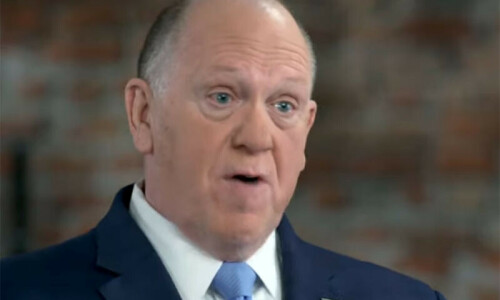
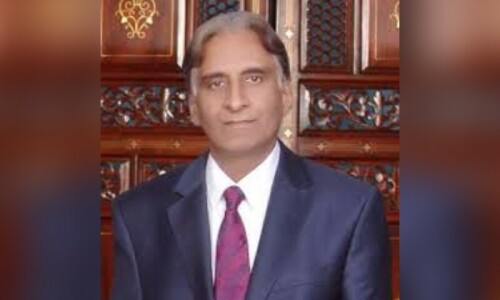

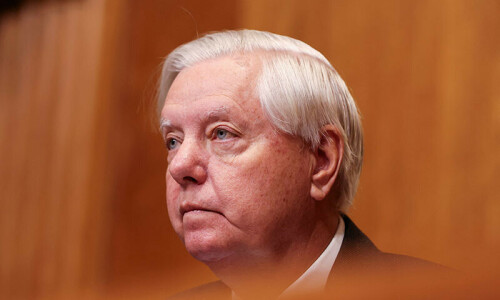

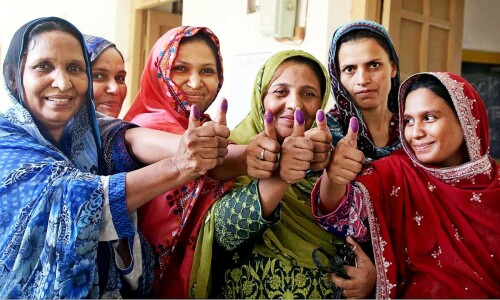

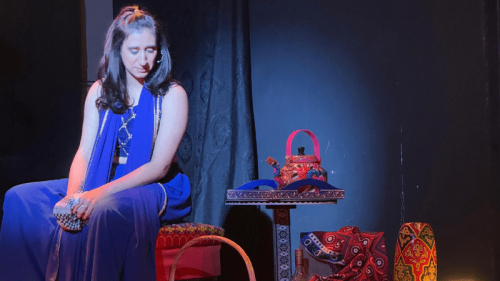
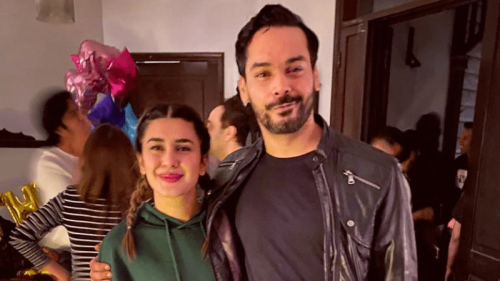
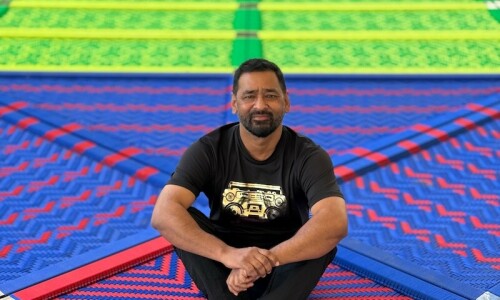










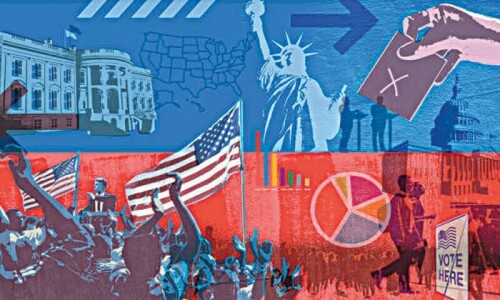
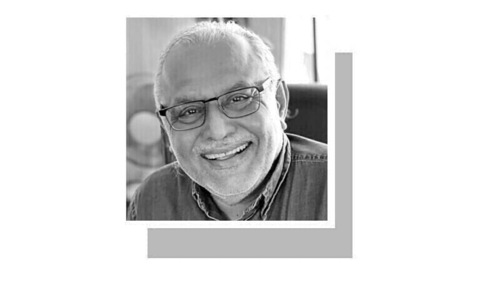
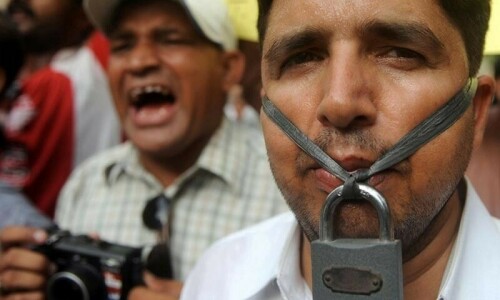
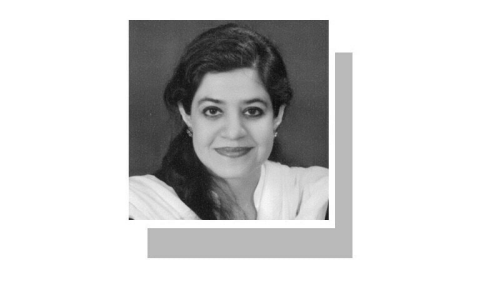
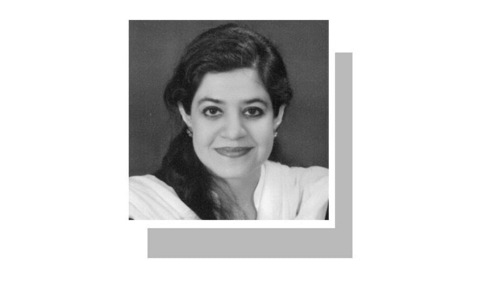

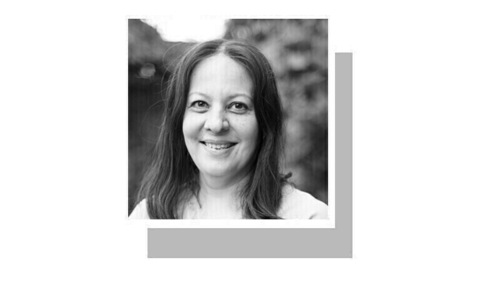
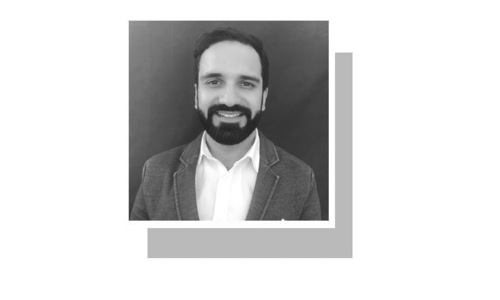


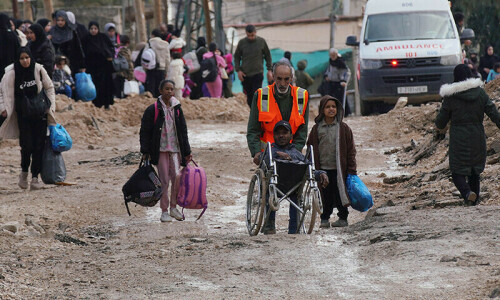



Dear visitor, the comments section is undergoing an overhaul and will return soon.